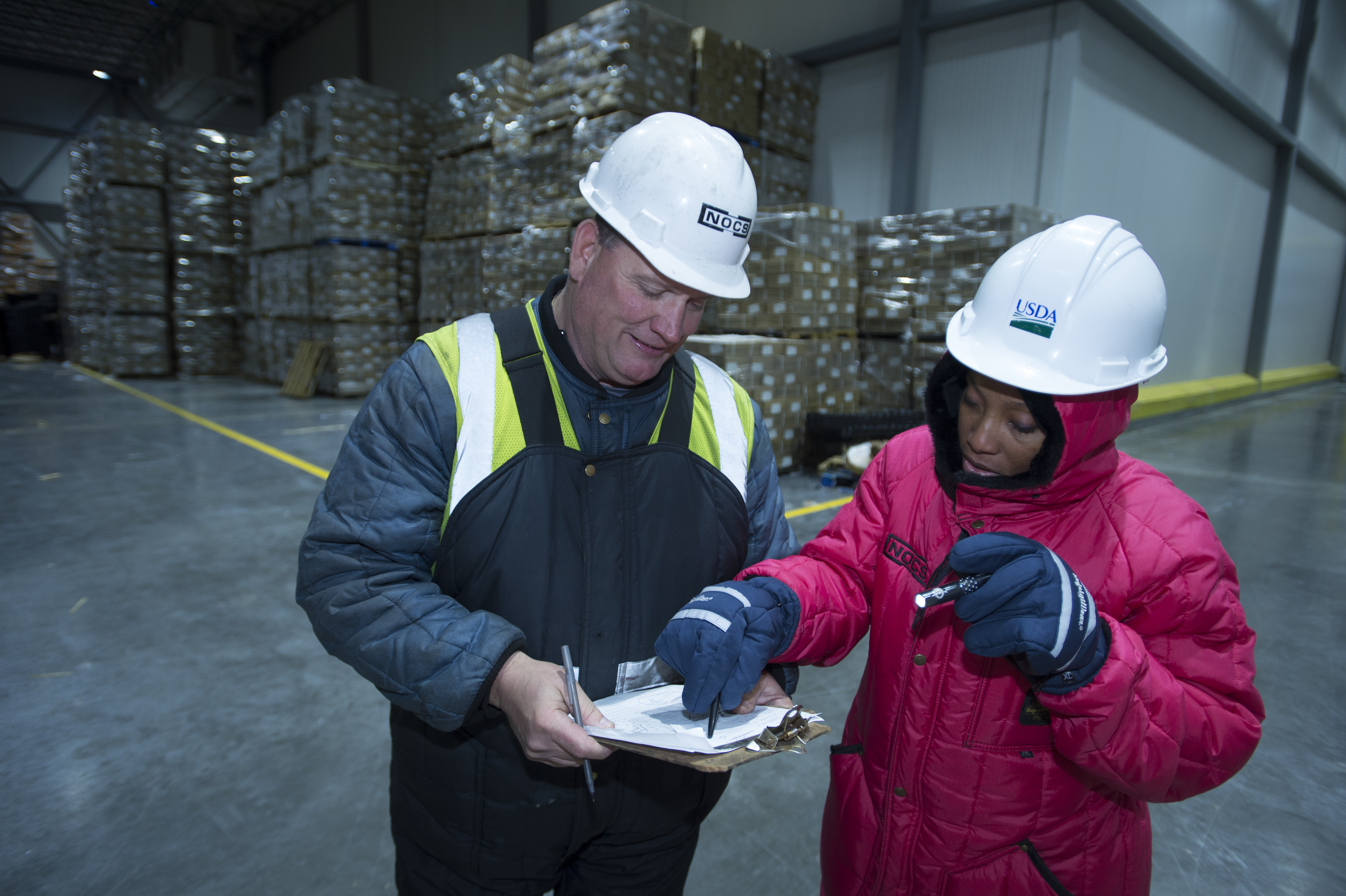
Requesting Bacterial Isolates from FSIS
The Food Safety and Inspection Service (FSIS) receives requests from government agencies, academia and private entities for bacterial isolates recovered from meat, poultry, and egg products and the environment in which these products were produced. FSIS shares isolates with other Federal laboratories such the Agricultural Research Service and Food and Drug Administration under material transfer agreements. FSIS will also consider requests for specific isolates from other requestors under the circumstances outlined below. However, as FSIS will need to support this program out of its general budget and laboratory resources, this program is subject to cancellation without notice at the discretion of the Administrator. Decisions on requests will be made on a case-by-case basis by the Assistant Administrator of the Office of Public Health Science (OPHS) or his/her delegate. FSIS may defer releasing an isolate until all pending FSIS regulatory actions involving the isolate(s) are complete.
The requestor should contact the FSIS Scientific Liaison, via e-mail at ScientificLiaison@fsis.usda.gov to initiate the request.
The requestor will need to sign and return the provided material transfer agreement form that includes a description of the following:
- The requested isolate (e.g. genus, species, PFGE pattern, sample origin, associated outbreak, etc.). Note: It will not be possible to provide multiple or duplicate isolates because of the associated expense.
- The requestor (individual and associated organization).
- Analyses to be conducted with the requested isolate(s) and the intended application of the anticipated analytical results.
- The reasoning behind why it is in the interest of the public health to provide the isolate to the requestor. What are the expected outcomes that may contribute to food safety and the advancement of science?
- The proposed receiving laboratory’s qualifications that meet criteria to receive and handle the isolate(s) according to the requirements for BSL2 laboratories found in Biosafety in Microbiological and Biomedical Laboratories (BMBL). Isolates provided by USDA, FSIS should be considered pathogenic to humans and animals and should be handled by personnel trained in the relevant BSL2 practices. The requestor must self-assess to assure that their receiving lab and associated personnel meet BMBL criteria for a BSL2 laboratory. USDA will not be held responsible for any mishandling of FSIS-provided isolates in the receiving lab.
Additionally, the requestor must certify that the FSIS provided isolate(s) or any derivative materials will not be shared with any other person or entity without approval from FSIS. Failure to adhere to these certifications could subject the requestor to criminal prosecution for making false statements to the U.S. government (18 U.S.C. Part I, Chapter 47, § 1001).
The receiving laboratory must provide a copy of its current USDA Animal and Plant Health Inspection Service (APHIS) permit (Form VS-16-6A) specifying the genus and species of the regulated organism requested (e.g. Escherichia coli, Campylobacter sp., Listeria monocytogenes, Salmonella Enteriditis, etc.). The requestor or receiving lab must also provide a shipping box that meets Dangerous Goods Regulation/IATA requirements with shipping costs prepaid. Refer to the following, or current revisions of:
- Biosafety in Microbiological and Biomedical Laboratories, 5th Edition, Centers for Disease Control and Prevention and National Institutes of Health, HHS Publication No. (CDC) 21-1112, December 2009.
- Dangerous Goods Regulations, current edition, International Air Transport Association (IATA).
- Classification of Infectious Substances (Category A UN 2814 and Biological Substances Category B UN 3373)
- Hazardous Materials Regulations, Title 49 Code of Federal Regulation (CFR), U.S. Department of Transportation (DOT).



